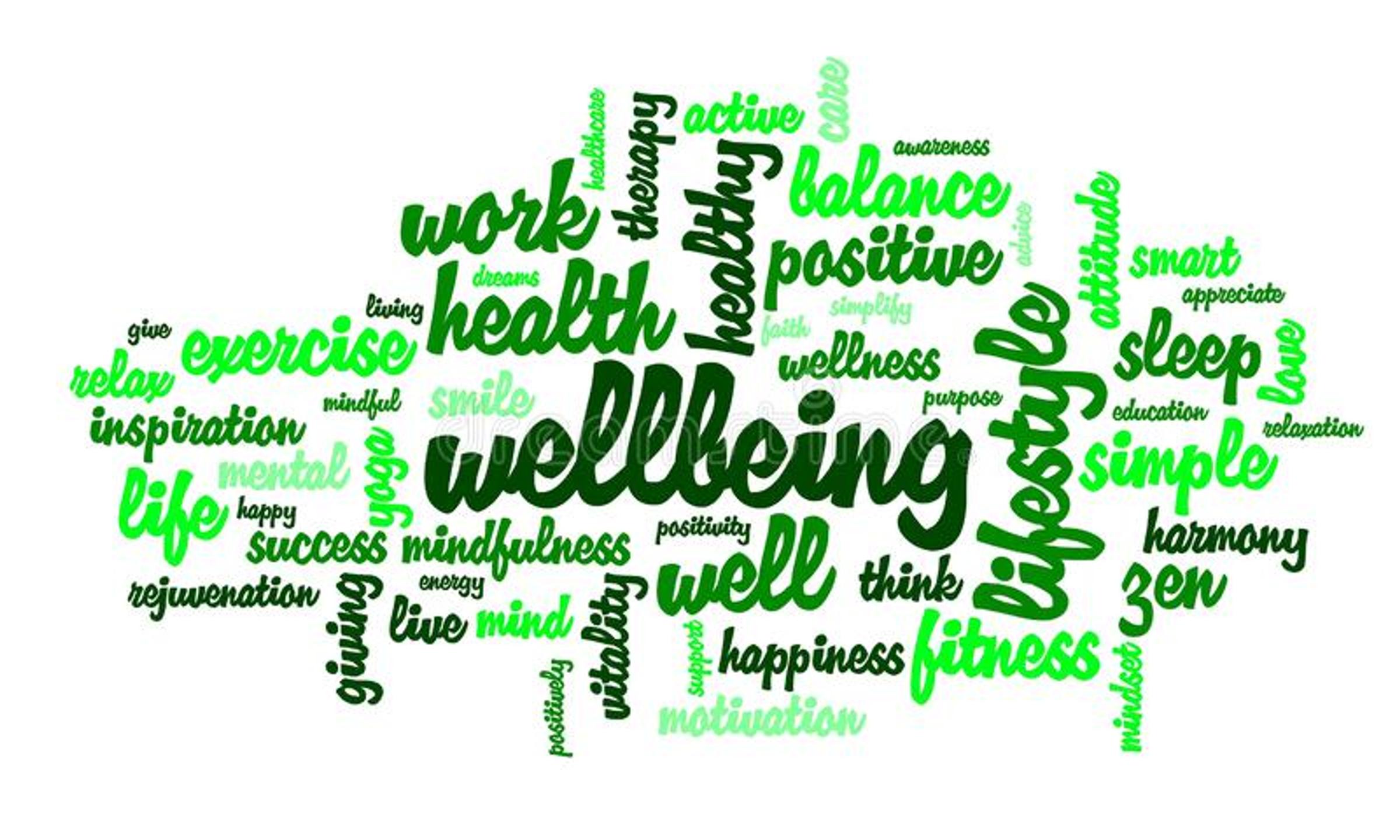Wellbeing @ MPS

Kindness is a choice we make every day, many times over. But why is it important?
Kindness enhances well-being
Researchers have studied kindness and its effects for many years. Studies consistently show that kindness is linked to better health and an increased sense of well-being. In 2020, research in Psychological Bulletin examined 201 studies of behaviors driven by things like trust, cooperation, and compassion. They found a “small and significant” connection to better physical and mental health. Interestingly, there were more well-being benefits linked to “informal helping” or spontaneous acts of kindness.
Kindness lowers stress
When we talk about stress, we have to talk about cortisol. This is known as the “stress hormone” In truly stressful situations, it’s necessary. It prepares our bodies for survival in the form of flight or fight. However, when we find ourselves in consistently stressful situations and can’t leave, that stress hormone has negative effects. Kindness has been shown to help reduce levels of cortisol and return our bodies to a more balanced, relaxed state.
Kindness boosts self-esteem
Being kind to people floods you with positive, happy feelings about yourself. This increases your self-esteem, which is an important part of remaining optimistic and productive in your life. Studies show that kindness towards strangers has a bigger effect on self-esteem than kindness towards friends and family.
Kindness boosts productivity
Considering how kindness improves a person’s well-being, it makes sense that it would have positive impacts on a work environment.
Kindness creates better leaders
You don’t have to look far to find research supporting kindness and empathy as essential traits for a good leader. Good leaders have strong social connections and a good understanding of peoples’ emotions. They also know how important it is to treat people with dignity and respect. In turn, people trust and respect them and will remain loyal.
Kindness helps children do better in school
Just like kindness improves a work environment, kindness also has positive effects on schools. When the adults in a school encourage traits like empathy and generosity, it can combat the presence of bullying. Kids also feel safer, more confident, and better equipped to form important social connections.
Kindness sets children up for a good future
What happens to kids in their younger years has a significant effect on their futures. When children grow up in environments where kindness is common, they’re more likely to avoid problems later in life. When children show kindness, they enjoy many benefits, such as reduced aggression and fewer anti-social behaviours.
Kindness towards self is essential to a good life
Kindness towards self (often known as self-compassion) is as important as kindness towards others.
Kindness is contagious
Kindness is important because it’s contagious. When a person engages in pro-social behaviours, the people who benefit from them are likely to turn around and “pay it forward.” This creates a ripple effect where it becomes more and more common to show kindness. It’s essentially a positive form of peer pressure. That “helper’s high” also encourages humans to keep being kind. When something feels good, humans want to repeat the behaviour.
Be kind.
